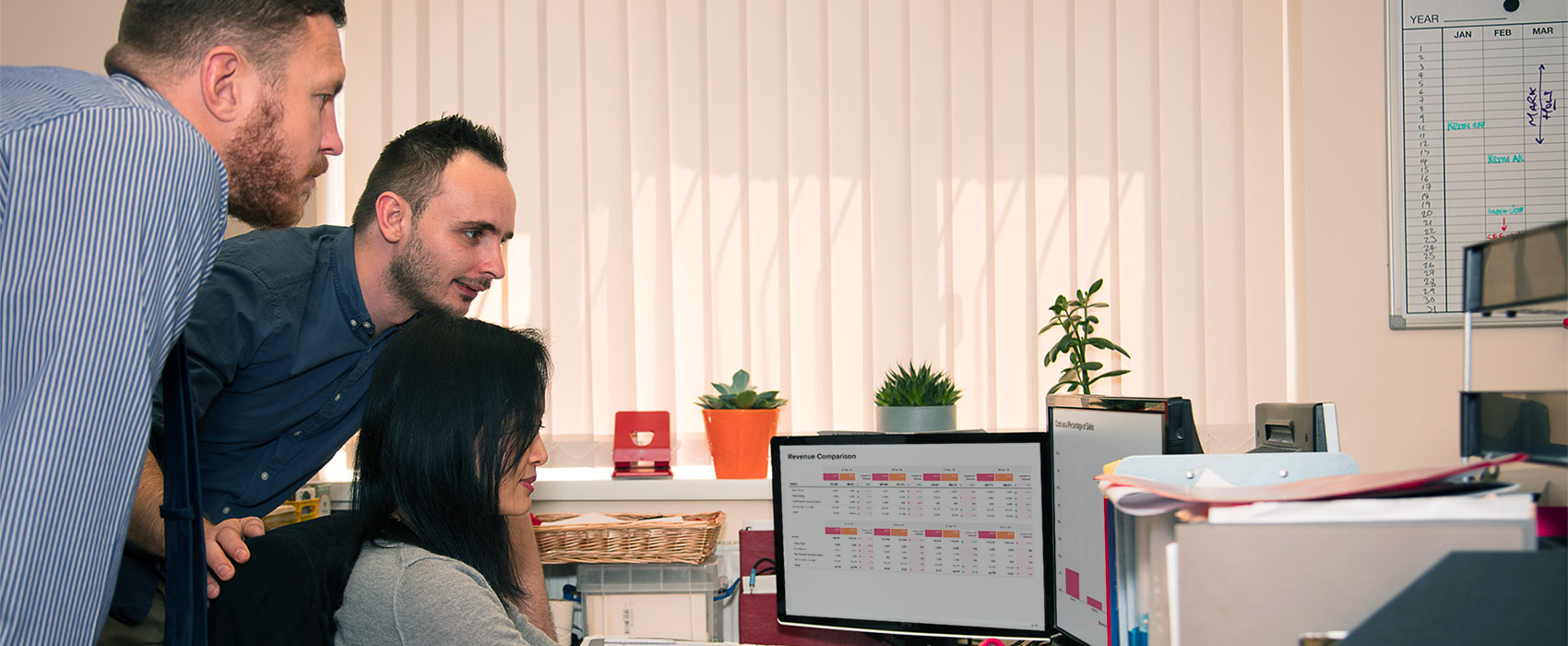How do you find a good accountant?

1. When is it a good idea to hire an accountant?
The most common scenarios are below, but having sleepless nights over a pending tax bill or return is a sign you might need to get an accountant on your side. See tips below on how to find a good accountant…
Personal
- You seem to be paying a lot of tax through PAYE and your tax code seems to get worse every year but you have no idea what it all means and why
- You are a higher rate taxpayer on PAYE but you have other income from investments or a pension
- You are making pension contributions into a private or work pension and aren’t sure if you are getting the right tax relief, especially if you are a higher rate taxpayer
- You have been doing your own tax returns for years but now HMRC has opened a tax enquiry into your affairs
- You need tax advice on a personal financial decision you are thinking of taking
- You have no idea regarding inheritance tax or trusts and you need some help – you can use an estate planning solicitor or financial adviser here too
- You have a personal windfall and are unsure how to declare it
- You receive a large redundancy payout and need to include it on a tax return
Property
-
You have recently sold a property other than your home and you have to pay capital gains tax and make a return to HMRC
-
You are a private landlord with rental income
Business
-
You are starting up in business or buying a business
-
Your business is involved in exporting and importing
-
Your firm is growing very fast or you are getting into financial difficulties
-
You are already in business and keep your own books either manually or electronically, but now you need to register for VAT and deal with the dreaded Making Tax Digital regime
-
You are thinking of employing someone
-
You are a sole trader but are considering becoming a limited company or a limited liability partnership
-
You have a business to sell or are retiring from one
-
You need tax advice on a business decision you are thinking of taking

2. How do you start your search for a good accountant?
Qualifications
Look for someone who is chartered or certified, so you know that you are dealing with an accountant who is qualified.
This also means they will be regulated by an association and will have to hold professional indemnity insurance.
Chartered or certified accountants have to maintain their standards by completing a certain amount of ‘continuous professional development’ (CPD) each year.
They may also have good working relationships with other professionals, such as solicitors, financial planners, investment advisers and insolvency practitioners, meaning they can refer you to someone suitable if necessary.
Expertise
Look for an established firm, study the services offered and make sure that they cover your particular problem.
As explained above, most general practitioners will deal with most of the scenarios described above.
However, if your circumstances are more complex, such as tax planning, inheritance tax and trusts, HMRC tax enquiries into your affairs of a complex or serious nature, selling or buying a business, or dealing with international matters, you need someone who specialises in that area.
Word of mouth
Ask your friends, family and colleagues if they have an accountant. A recommendation is always best from someone you know and trust, but do your own research as well.
Read our client stories here
3. How do you choose the right accountant?
Call or meet
Call them to discuss your needs. It is also a good idea to book a face to face appointment to enable you to meet them and decide if they are for you (and vice versa).
They may ask you to bring ID for the initial meeting.
Under the Money Laundering Regulations, accountants are required to ask for proof of identity (amongst other things) both by way of photographic evidence (passport/driving licence) and proof of address (mortgage statement/utility bill).
Book an appointment with us today
Establishing what you want
Some accountants offer a free initial consultation, but some don’t. You won’t get a lot of free advice, so don’t expect it.
The initial meeting is for the accountant to understand your requirements; they have not engaged you as a client at this stage.
You do, however, get the opportunity to ask them any questions you have, such as their experience with your issue, timescales and costs.
Take information with you regarding your issue that will help them to help you.
Find out the cost
Cheap is not good, value for money is. Remember if they quote you a fixed price, this can change if the issue changes or develops.
Timescales for the work you need done are important. You don’t want to have brought your books and records in only to have them sat on for six months and then get a call two days before the tax payment is due.
Other admin
If you proceed, you will have a letter of engagement identifying the services being provided, the limitations and the responsibilities of both parties.
This should also include terms of business and other documents, depending on why they are being appointed. It should also include costs/hourly rates and payment terms.
You will also need to sign a 64-8 which gives an accountant authority to act on your behalf with HMRC.